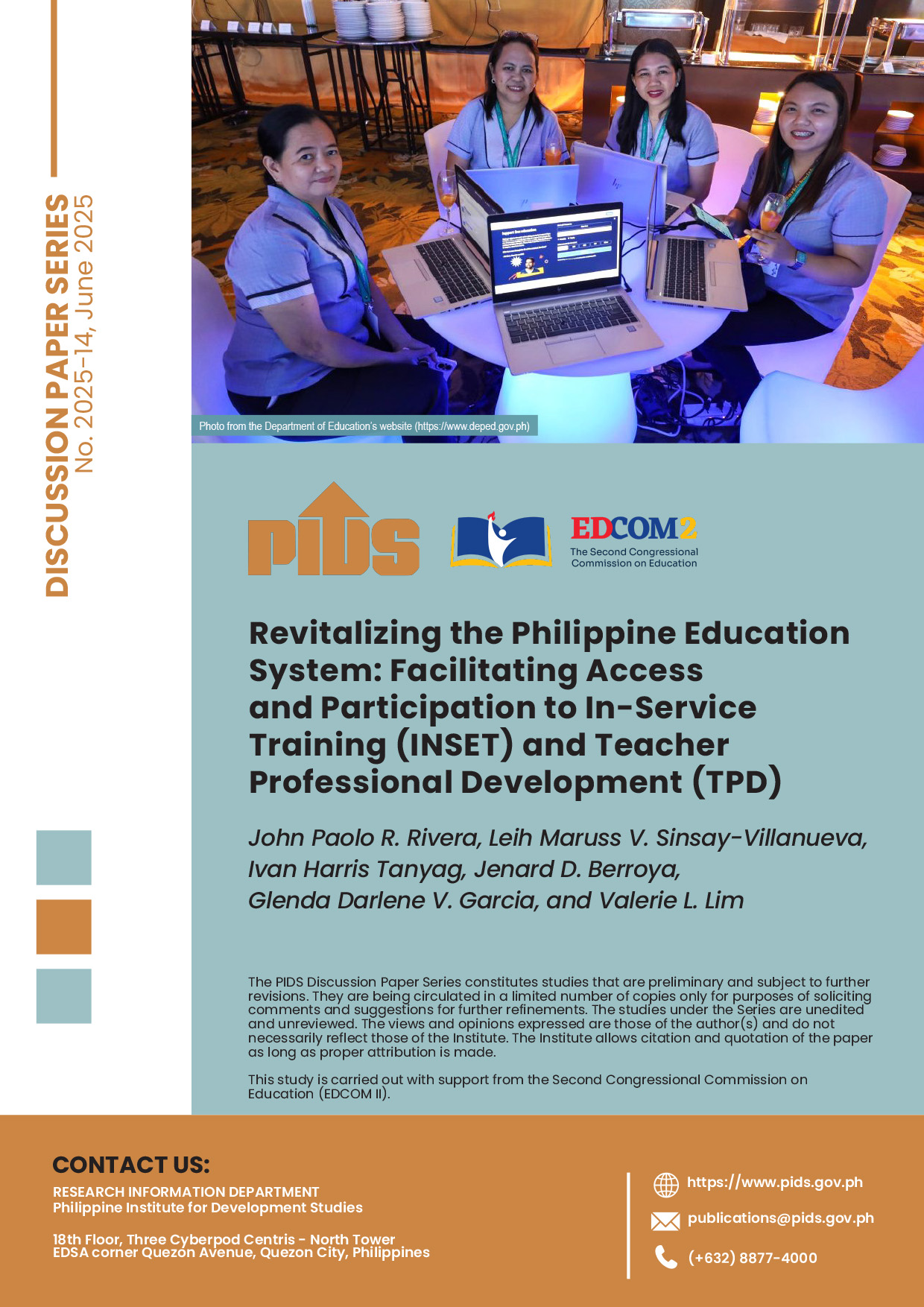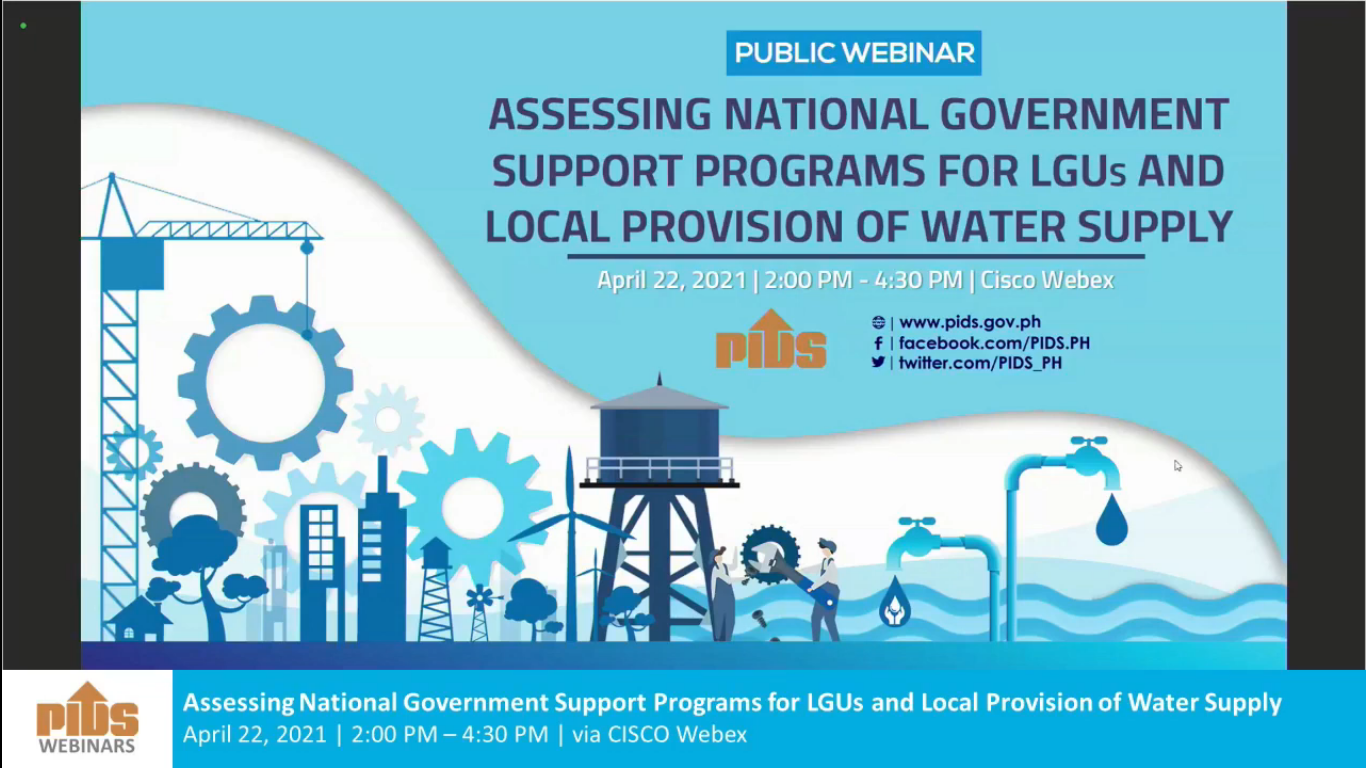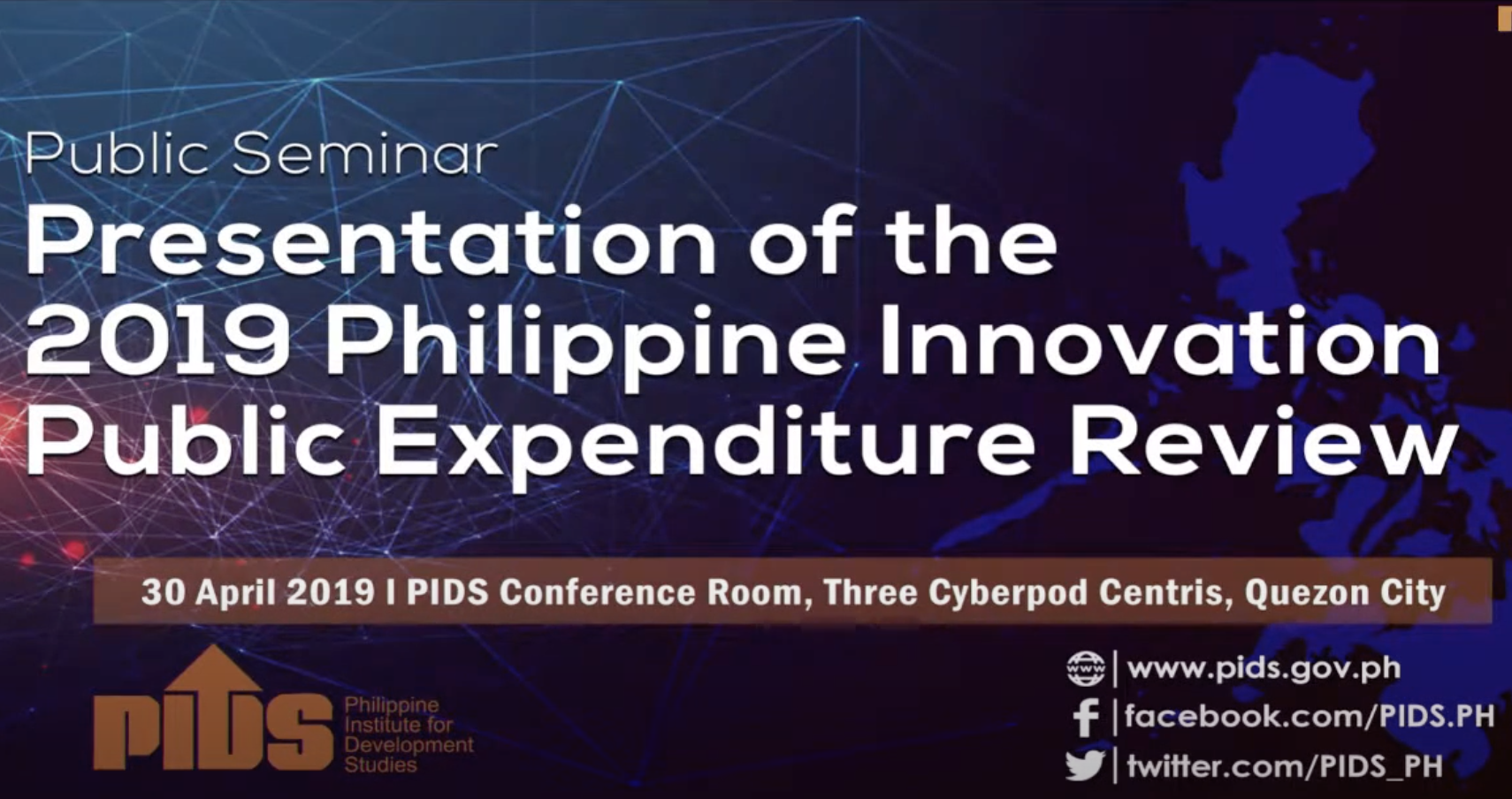VARIOUS educational issues have cropped up during this campaign season, and many of them could be linked to the non-implementation of the 1987 Constitution. According to Article 14, Section 4: "The State recognizes the complementary roles of public and private institutions in the educational system and shall exercise reasonable supervision and regulation of all educational institutions." As with other constitutional mandates, no implementing law on complementarity exists. As such, there is seemingly endless discussion on what that even means.
In a roundtable interview with business chambers, the president of the Management Association of the Philippines or MAP, Alfredo "Fred" Pascual, brought up an aspect of complementary the next government should consider. He suggested revamping the charters of state colleges and universities (SUCs) and reorganizing them in order that schools in every region specialize in a particular field.
To be precise, he did not mention complementarity; his broader point was a call for broad educational reforms. Still, we see a connection in the suggestion made by Mr. Pascual, who was formerly president and co-chairman of the University of the Philippines.
Specialization, as a government policy, is not new. When Gloria Macapagal Arroyo was president, the government launched the One Town, One Product or OTOP program to bolster micro, small and medium enterprises. By specializing, every town was to develop branding for local goods as well as create a system that enables small businesses to realize economies of scale and to supply large retailers that buy in bulk.
Something similar can be done with SUCs. The best professors in a particular field, along with the equipment and resources they require to teach, may be pooled in a region to improve the quality of education. Of course, this does not mean that a region will be limited to one degree program. For instance, a region focused on maritime studies could offer naval engineering, naval architecture and other courses for seafarers. The point is that all the specialists in that field will be pooled in one region.
The alternative, which is the situation today, is to disperse the distribution of academic talents and equipment across the country. In trying to offer too many programs, SUCs risk being, as the saying goes, a jack of all trades but a master of none.
Quality education
In 2014, the Philippine Institute for Development Studies (PIDS) reviewed the mandates of SUCs and found them to be "fairly broad to start with." Also, the mandates were written so generally that nothing kept SUCs from offering programs outside their core mandates.
That is likely how some agricultural colleges, for example, were able to offer nursing programs. And there was a time when SUCs were even offering senior high school. As it is, they barely have the resources for the programs that are explicitly in their mandate.
According to PIDS, broadly crafted mandates result in a lot of duplication among SUCs and other, mostly private, colleges and universities in the same area. This problem may have been worse if the researchers also looked at colleges with city charters as well as technical-vocational schools.
Duplication is wasteful and inefficient. It also depresses the quality of education, which results in low labor productivity. That, in turn, leads to lower wages, which slows economic growth and limits investments in education. It is a vicious cycle.
On the other hand, specialization can enhance the quality of education. As Mr. Pascual and other education experts have suggested, this can be achieved by concentrating experts and resources in a cluster of schools or a region.
In fairness to the Commission on Higher Education (CHEd), which regulates colleges and universities, it has been closing underperforming programs, mostly in nursing. But CHEd itself may need more resources to review mandates more effectively and efficiently.
As suggested by many, the next government should convene an education summit to address the issues mentioned here. One goal would be to break the vicious cycle. The country should aim to be in a virtuous cycle, where Filipinos receive better education, are able to secure higher paying careers and live in a more prosperous economy that funds the best schools.
SUC mandates, programs require review, updating











